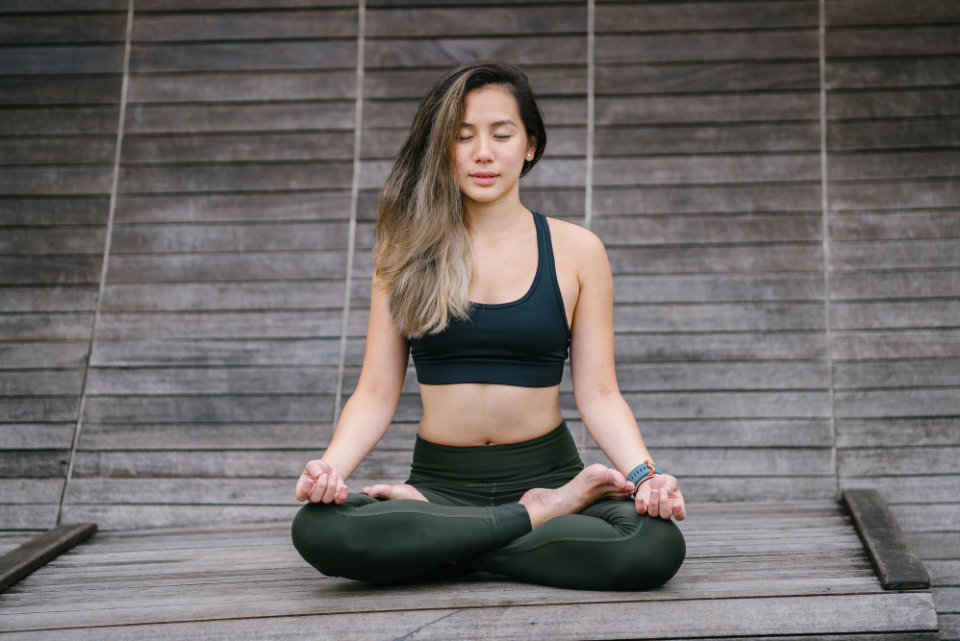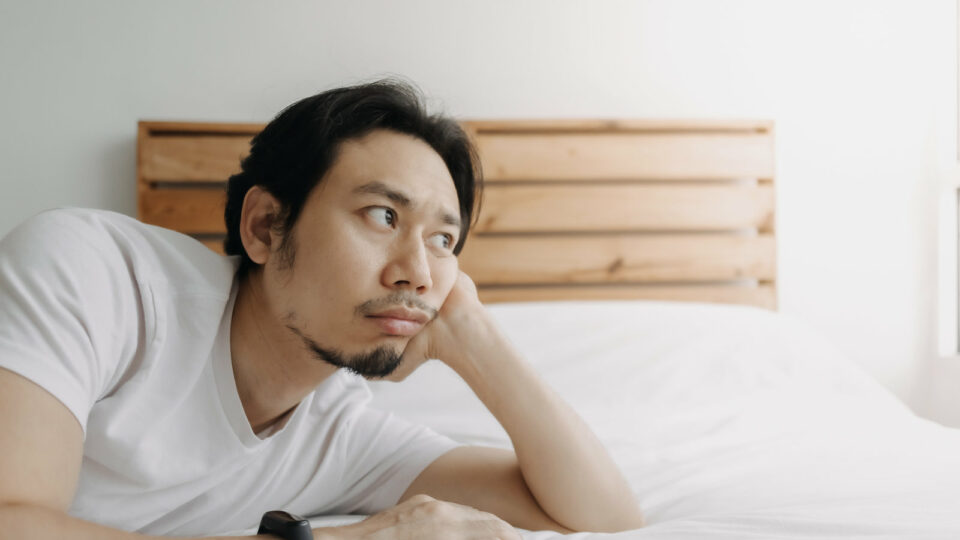In recent years, wellbeing has taken centre stage in modern life, particularly in fast-paced cities like Singapore. However, the growing emphasis on personal wellness is paradoxically making many feel less well.
According to the lululemon Global Wellbeing Report 2024, nearly half of respondents across Asia Pacific (APAC) are experiencing wellbeing burnout due to societal pressure. In Singapore, younger generations are particularly impacted, leading to a drop in their overall well being scores.
“The relentless pursuit of wellbeing is, paradoxically, making us feel less well.” – lululemon Global Wellbeing Report 2024
Table of Contents
The Pressure to Be ‘Well’ Is Backfiring
In Singapore’s fast-paced society, the pressure to maintain physical, mental, and social wellbeing is mounting, especially for younger generations. The lululemon Global Wellbeing Report 2024 highlights that 76% of Gen Z and 70% of Millennials in APAC feel pressured to prioritise their wellbeing.
In Singapore, nearly 80% of younger generations report feeling this societal pressure, contributing to higher rates of burnout. In contrast, only 58% of Gen X and 45% of Baby Boomers feel the same level of pressure to be ‘well.’
When compared globally, Singapore’s figures are concerning but not isolated. For instance, Malaysia and Thailand report similarly high levels of wellbeing burnout, with Malaysia ranking just ahead of Singapore.
This pattern suggests a regional trend in Southeast Asia, where societal expectations around mental wellness are increasing.
Generational Wellbeing Pressures in APAC:
| Country | Gen Z | Millennials | Gen X | Baby Boomers |
|---|---|---|---|---|
| Singapore | 76% | 70% | 58% | 45% |
| Malaysia | 81% | 75% | 62% | 48% |
| Thailand | 79% | 73% | 60% | 46% |
| APAC Average | 76% | 70% | 58% | 45% |
Globally, the report reveals that countries outside of Southeast Asia, such as the United States and United Kingdom, have lower reported pressure levels. For example, only 65% of Gen Z and 60% of Millennials in the US feel similar pressure, significantly lower than the figures reported in Singapore and other APAC countries.
This comparison highlights the unique societal pressures faced in Southeast Asia, where mental wellbeing is often tied to cultural expectations and financial stability, contributing to widespread burnout.
This growing disconnect between the expectation and reality of achieving wellbeing underscores the fact that the pressure to be ‘well’ is counterproductive, often leading to feelings of stress and exhaustion.
The Role of Movement in Combating Burnout
Despite these pressures, movement has emerged as a powerful tool to alleviate wellbeing burnout. Physical activity – whether it’s walking, running, or joining group exercises – has been proven to reduce stress and improve both physical and mental health.
In Singapore, many people are using physical movement to manage their stress and enhance their wellbeing:
- 72% of Singaporeans are diversifying their physical activities, trying new ways to move.
- 60% cite working out as one of their favourite ways to spend time with friends, fostering social connections and improving overall wellbeing.
“Movement is not just about fitness; it is a way to build social bonds and create a sense of community.” – lululemon Global Wellbeing Report 2024
These figures highlight how physical activity is not only a means of staying fit but also an essential tool for maintaining mental health and fostering connections, especially in a society where people often feel isolated.
Popular Physical Activities in Singapore:
| Activity | Percentage Participating |
|---|---|
| Diversifying physical activities | 72% |
| Using movement as a way to connect with friends | 60% |
| Trying new exercises they hadn’t done before | 63% |
Loneliness and Wellbeing: How Singaporean Men Are Affected
Men in Singapore, especially younger men, are significantly impacted by feelings of loneliness. The lululemon Global Wellbeing Report 2024 reveals that 57% of Gen Z and Millennial men report experiencing loneliness.
This loneliness is a major factor contributing to lower wellbeing scores, with men who feel lonely having wellbeing scores that are 11% lower than those who rarely or never feel lonely.
“Men experiencing loneliness cite lacking relationships, financial concerns, and feelings of uncertainty about the future as top reasons contributing to their loneliness.” – lululemon Global Wellbeing Report 2024
Loneliness among men is often compounded by a lack of meaningful relationships, financial stress, and uncertainty about the future. However, engaging in physical activity, particularly in group settings, can help counteract these feelings. The report notes that:
- 61% of men in Singapore find that working out is one of their favourite ways to spend time with friends.
- Physical activity helps reduce feelings of isolation while promoting both physical and mental wellbeing.
Exploring New Ways to Move for Better Wellbeing
The importance of personalising one’s fitness routine is becoming more apparent. Singaporeans are increasingly exploring low-intensity exercises and comfortable, at-home activities to reduce stress while staying active.
This shift toward more personalised and diverse movement routines helps individuals avoid burnout while still reaping the benefits of physical activity.
- 72% of people in Singapore are practising low-stress physical activities at home.
- 63% are experimenting with new exercises, creating variety in their fitness routines.
This growing trend of diverse movement strategies allows Singaporeans to maintain a healthy balance between fitness and mental health, ensuring that physical activity is beneficial rather than a source of pressure.

The Connection Between Physical and Mental Health
It is well established that regular physical activity plays a significant role in improving mental health. The report shows that people who prioritise movement often report higher satisfaction with life and a reduction in feelings of anxiety and depression.
In Singapore, the report highlights that:
- 84% of men are prioritising their physical wellbeing.
- 80% are taking steps to move their bodies a little bit at a time throughout the day.
- 61% of men agree that working out is a favourite way to spend time with friends.
Wellbeing Actions by Singaporean Men:
| Action | Percentage Engaged |
|---|---|
| Prioritising physical wellbeing | 84% |
| Moving their body throughout the day | 80% |
| Spending time with friends through exercise | 61% |
These figures show how the simple act of moving, whether through traditional exercise or low-intensity activities, can significantly improve both physical and mental wellbeing without adding unnecessary stress.
Breaking the Cycle of Burnout Through Movement
Wellbeing burnout is a growing concern in Singapore, particularly among younger generations facing societal pressures to maintain physical and mental health. However, movement offers a powerful way to combat these challenges.
By diversifying physical activities, focusing on low-stress routines, and fostering meaningful social connections through movement, Singaporeans can break the cycle of burnout and take control of their wellbeing.
In the end, finding balance through movement is not about adhering to fitness trends or societal expectations, but about discovering what works for you personally. A sustainable approach to wellbeing should be focused on ease, enjoyment, and maintaining a healthy mind-body connection.





